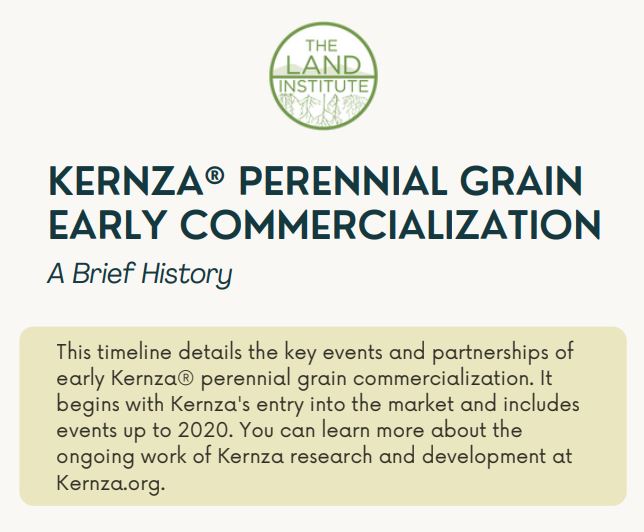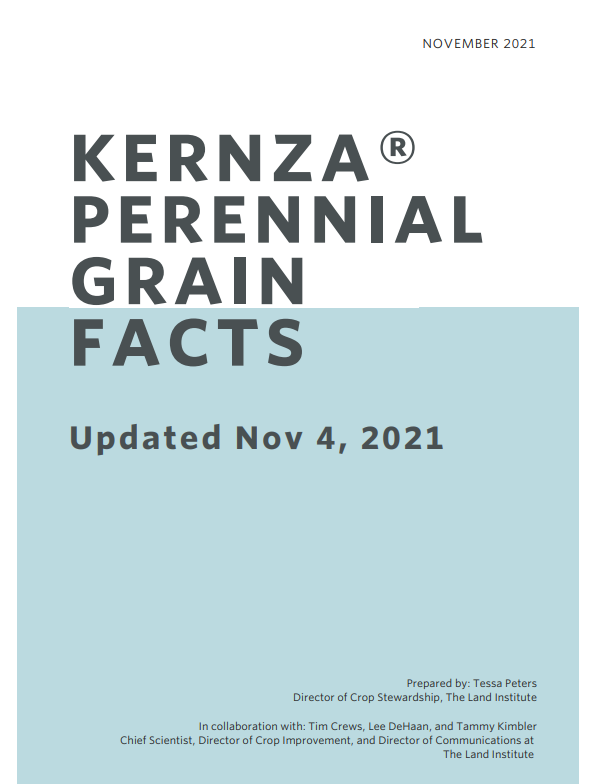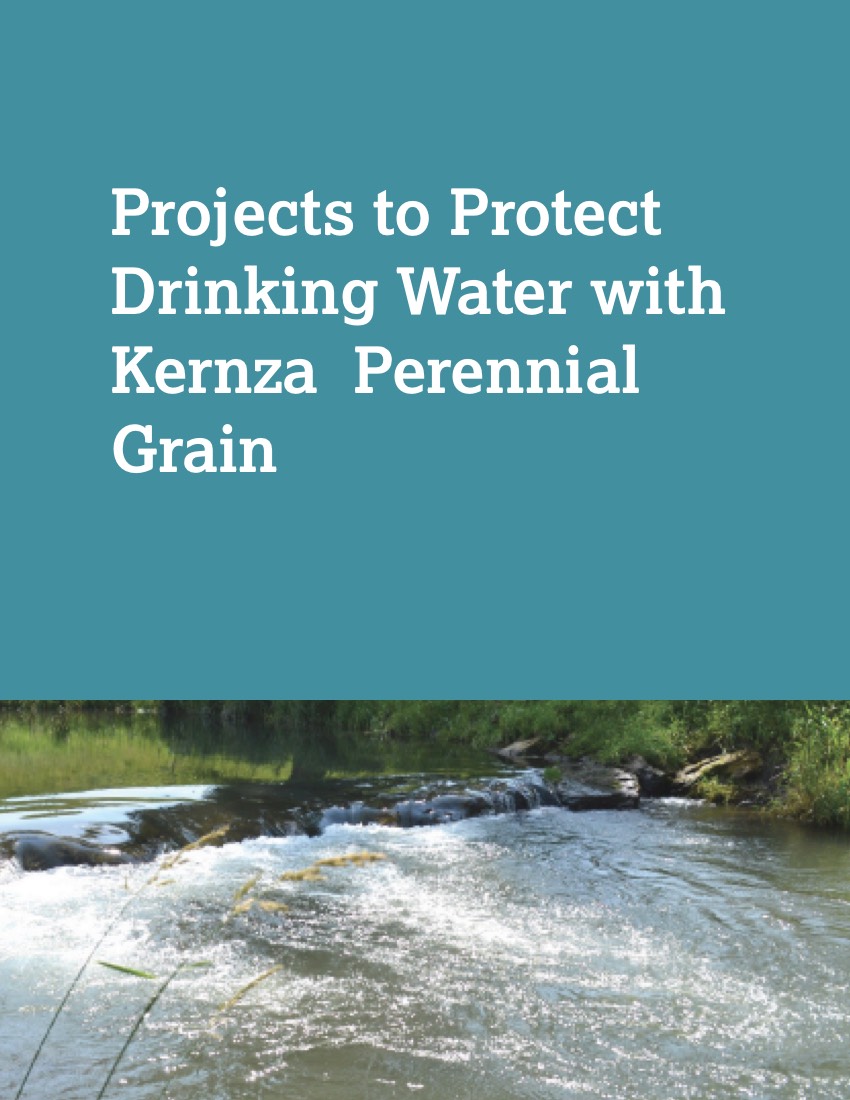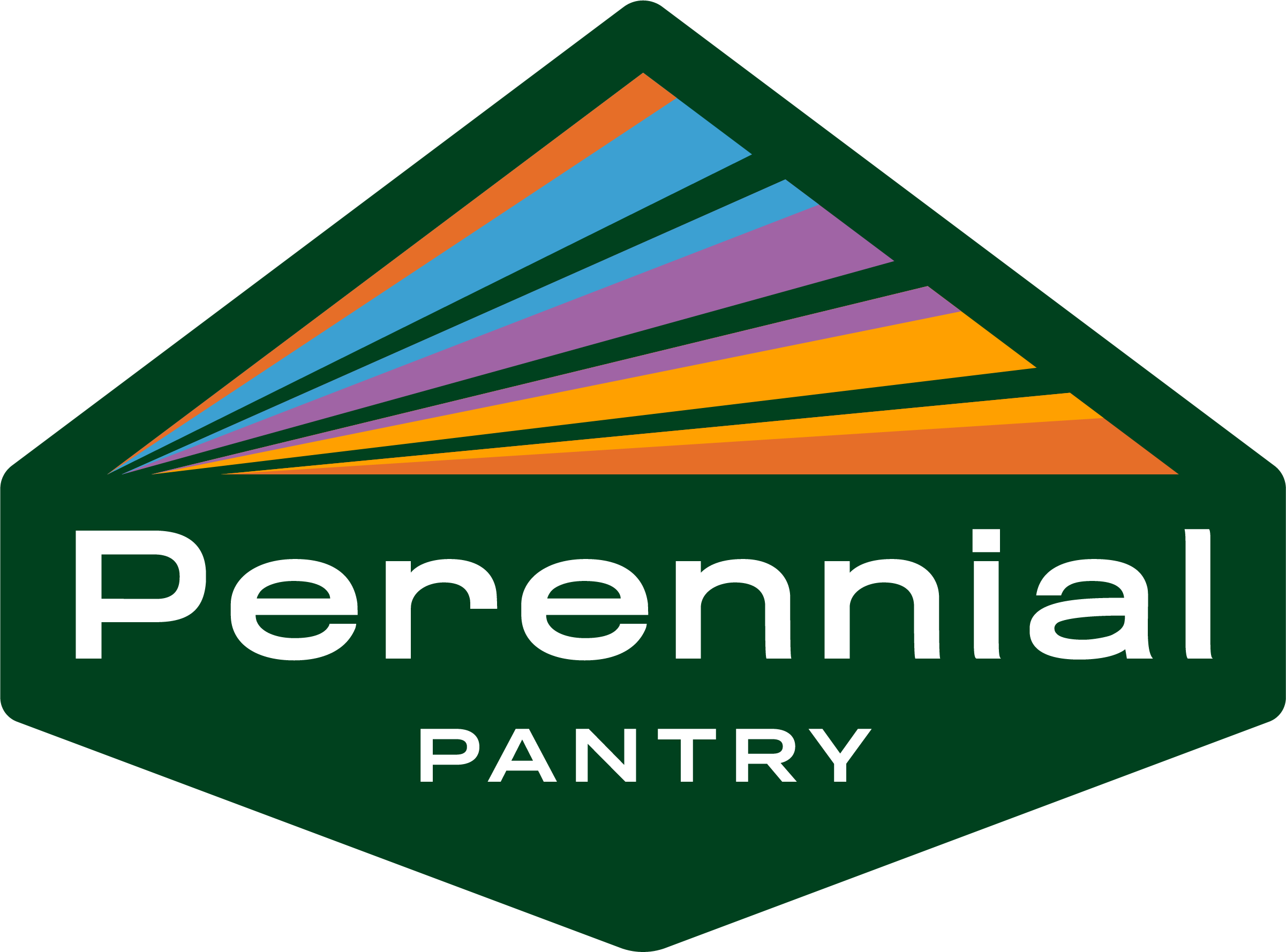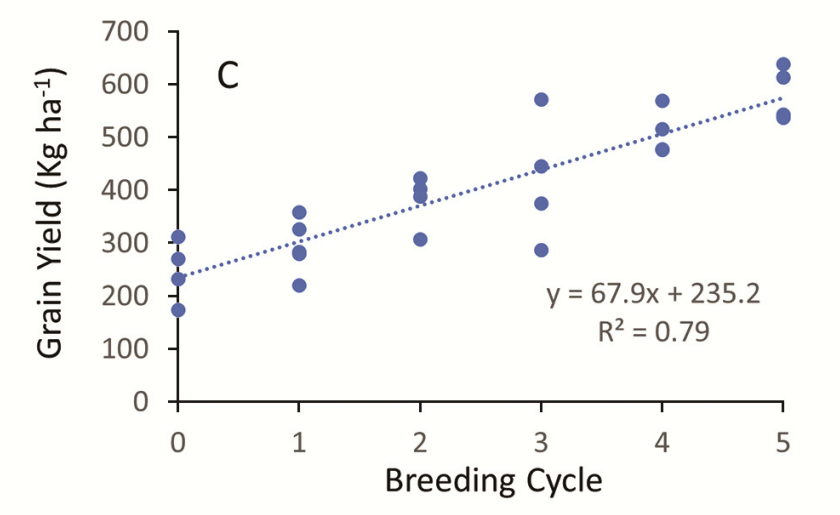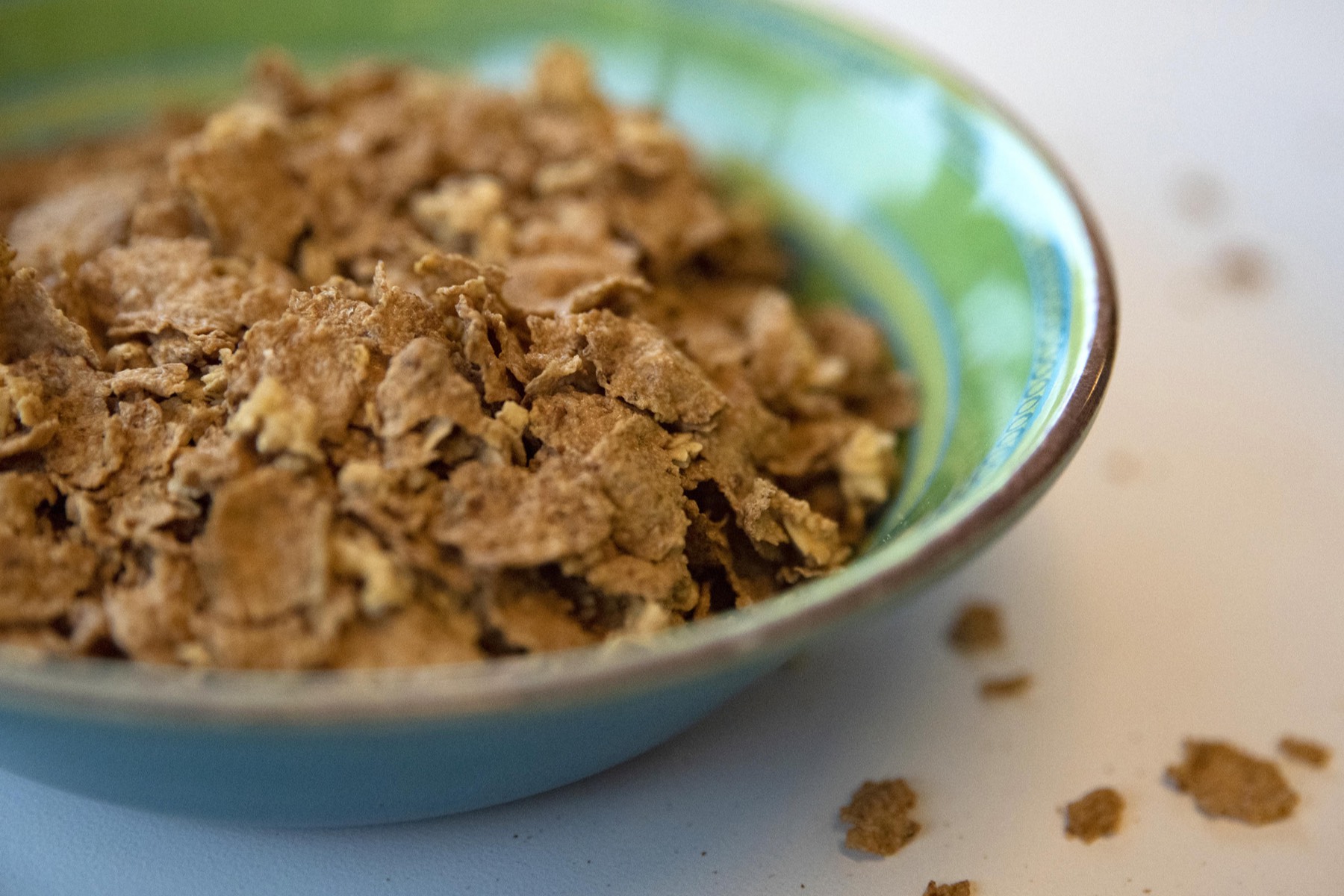The Impact of a Perennial Future
- Perennializing grain crop agriculture is a pathway for climate change mitigation and adaptation.
- Perennial production reduces CO2 from farm equipment and inputs, especially nitrogen fertilizers.
- Preliminary work suggests that intercropping perennial cereals with legumes for nitrogen fertility can substantially reduce emissions of nitrous oxide from agricultural soils.
- Perennial grains reduce soil degradation, negative water quality impacts, and agricultural pesticide use.
- Perennials enhance land stewardship and support farmers’ land values.
Sustaining investment in foundational research
What is the current scale of the perennial grain effort?
Total resources at the direct disposal of The Land Institute for the entire portfolio of programs are less than $8,000,000 per year and the total global investment in perennial grain crop research has not yet reached $20,000,000 per year. For comparison, the total global public and private investment in annual grain crops research likely exceeds $10,000,000,000 each year. Specifically for intermediate wheatgrass (marketed as Kernza®), there are four breeding programs in operation–the foundational program at The Land Institute, and programs at The University of Minnesota, University of Manitoba and University of Utah. At current funding levels, full development and deployment of perennial grain crops and diverse cropping system is decades away. We know that the work that needs to be done today is underfunded for the transformational potential it offers.
How is the current effort funded?
The Land Institute is funded primarily by individual philanthropists and foundations, with a small amount of funds coming from state and federal research grants. The Land Institute also directs grants to collaborating researchers to ensure the work of perennial grain development is catalyzed internationally. Our partner breeding programs are funded by land grant academic systems including state and federal grants.
How can I help?
Sustained investment in perennial grain crop research is critical to continuing and accelerating progress. You can help by sharing this important solution with others, or by funding the project directly via a charitable donation. To donate online, click here, or to speak with a team member about other ways to get involved, click here or call us at 785-823-5376. Advocate, educate and donate.
The scale required for transformation
Currently Kernza® grain is produced on a small number of acres and found in a few niche products. The full ecological and social impacts of Kernza® will be felt when it is developed for readiness on millions of acres globally. Significant new investment in perennial grain crop research could potentially cut decades from the timeline to a perennial future. To become a new donor or to discuss the strategy for scaling up Kernza® breeding and other perennial grain development, please contact us here.
What are the challenges to scale production?
The first few limiting factors to Kernza®’s success are developing agronomic knowledge and support to improve on-farm yield, and continued progress in the development of breeding methods and improved varieties. These research improvements will require ongoing support and philanthropic investment.
